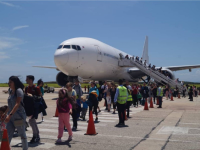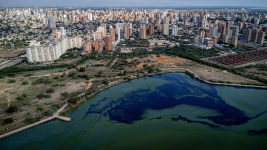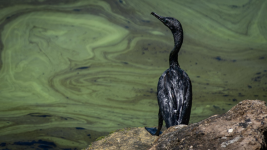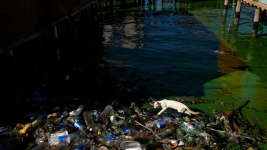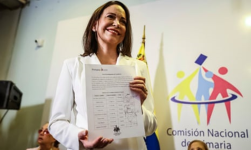By
The Dialogue - Dec 08, 2022,
Venezuela is planning on oil to finance 63 percent of its budget for 2023, a figure slightly higher than this year’s, Reuters reported Monday, citing a document it had seen.
The stronger reliance on oil comes as the U.S. government’s revises its sanctions, first imposed in 2019, on the South American country’s state-owned oil company, PDVSA. The easing of sanctions would allow exports to the United States, boosting oil sales.
President Nicolás Maduro’s government expects the national budget to amount to $14.7 billion in 2023, the wire service reported, 8.5 percent higher than the 2022 budget, which stood at $13.6 billion. Revenues from PDVSA would bring in $9.34 billion to the government’s budget, up from this year’s $8.2 billion contribution, though the document did not specify average daily oil output. “The rebound in global demand for post-pandemic crude oil and the impact of the war between Russia and Ukraine on global oil markets have provided the executive branch with additional resources in recent months,” Asdrúbal Oliveros, director at economic analysis firm Ecoanalítica told the daily Latin America Advisor in a
Q&A published on April 18.
Though global prices have risen this year, Venezuela’s production is lower, a result of continued divestment, mismanagement and sanctions. On Dec. 2, U.S.-based oil major Chevron signed contracts with Venezuelan Oil Minister Tareck El Aissami and representatives of PDVSA, Reuters reported. The contracts include the Petroboscan and Petropiar joint ventures between Chevron and PDVSA, Reuters reported. Under the agreements, Chevron could recoup more than $4 billion in debt that PDVSA owes it, The Wall Street Journal reported.

